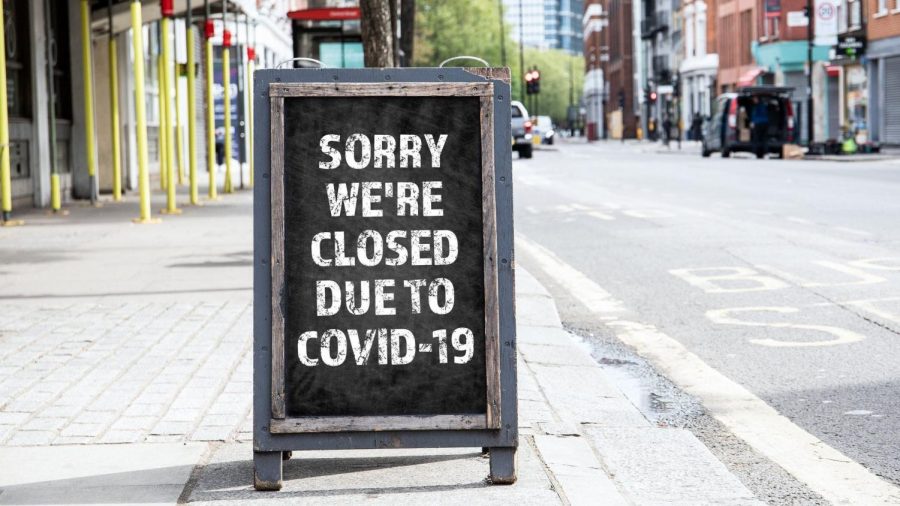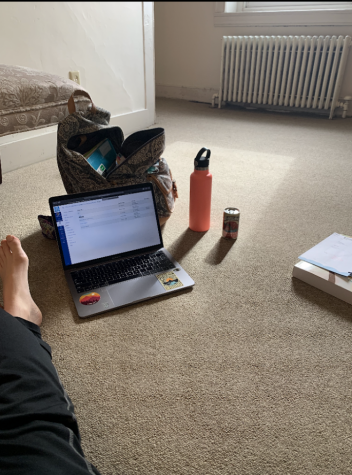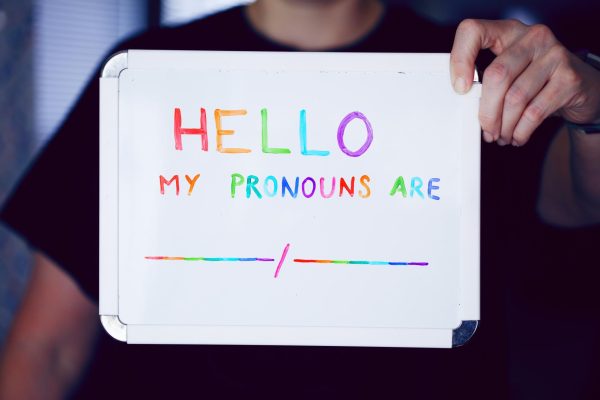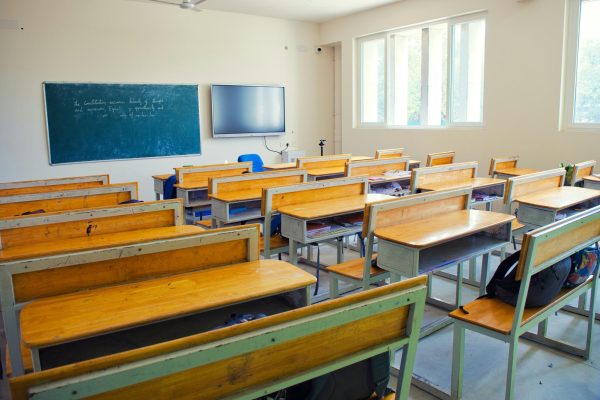Don’t Ask a Graduating Student What They’re Doing After College: Graduating into COVID
Please stop asking us seniors the age-old and stressful question: What are you going to do after graduation?
We get it, you are curious. And, yes, we spent a lot of money to get an education to get us a better job, more opportunities in the future, and to prepare us for the professional world. Any other year it would be fine to ask this question.
But we were not prepared to graduate into a global pandemic.
So, please don’t ask us what we are going to after graduation — because the short answer is usually the same:
I don’t know.
And it’s not that I’m lazy or not looking hard enough for opportunities after college. It’s that the world is being held up like a table with a missing leg and shaky screws. For the same reason you are not planning your next big vacation to the Caribbean in six months, we are not sure what our life plans are right now, or will be in the future, honestly.
I speak from personal experience.
I am graduating at the end of this semester, which in almost every other year is a benefit. Early graduation students typically get a jump start on the influx of graduating students in May, and they can often apply for jobs with less competition.
But this year is different: the job market is just not there.
As we move into the winter and a second wave of coronavirus cases start to rear their ugly head once again, we are facing another round of shut downs and closures, which make businesses very wary of hiring new workers.
Not only that, but employers are unsure what their open positions — when they have them — should look like.
I am applying to work in the literary publishing field as an editor.
Great — there have even been some openings in the companies that I have been eyeing up since I was a freshman in college — but they are all located in New York City. Sure, that’s what I expected, but the job advertisements provide no information about the position — is it remote? Is it in person? Is it a combination or somewhere in between?
This kind of uncertainty makes planning my own life so much more difficult.
Should I be looking for apartments in New York City? Should I be saving up to move out if the job is not remote? But if it is remote, should I be saving up by living at home?
It’s terrifying to not know where I might be living as 2021 rolls around.
But it’s not because I am not planning ahead — it’s because no one knows.
Okay, so maybe I take some time off before going into the workforce and go to graduate school. That should be pretty insulated from the pandemic, right?
Absolutely not. If anything, colleges and universities are even more uncertain about what offerings they should make available than corporate companies.
Take it from me: I have seven colleges and universities on my list of applications. Four out of the seven of them have paused admission of new PhD students this upcoming year. So for anyone looking to go back to school after they graduate, they have much fewer options than before — and it’s not their fault.
Colleges and universities are trying hard to meet the requirements of the students they already have enrolled, but they are trying to plan for a semester almost a year in advance. And let’s face it — in this day in age, you just can’t do that. The future is too uncertain to chance losing out on millions of dollars by admitting more students than you can provide resources for.
And I’m not even applying to PhD programs. I am only applying to Master’s programs. They should be easier, right? I have not encountered any programs that have paused Master’s admissions yet. But there are more problems than that.
For example, I am applying to a fully-funded MA program that, on top of giving me a tuition reimbursement, would pay me a stipend to teach lower-level courses while I study. Cool, right?
Not so fast. This information was completely transparent and available last year. This year, they have next to no information on their website because, frankly, the university is probably worried if they will even be able to provide the resources to offer these stipends to MA students.
So then I have to decide is it worth it to go to a MA program, put myself in more debt with student loans, at a program that is not going to reimburse me? Should I wait to go back to school while I work and save money first?
These are not questions that I should take lightly, and they are not decisions that I should make without knowing all of my options first.
Job searching can take months, especially when hiring processes are reserved for online spaces and are going into an uncertain winter. And all of the schools that I am applying to for graduate school are not making final acceptances until April.
That leaves me graduating in December, unsure of what I should do for a solid four months — something that many people do not want to hear when they ask me, “What are you doing after graduation?”
So, please, do every college student who may be graduating in December or May a favor — don’t add to our stress by asking us what we are doing after graduation.
Because if you can’t make plans for Thanksgiving getaways or spring break in March, you can’t expect us to make plans that will affect us for the rest of our lives.
Because, right now, we all just don’t know.













